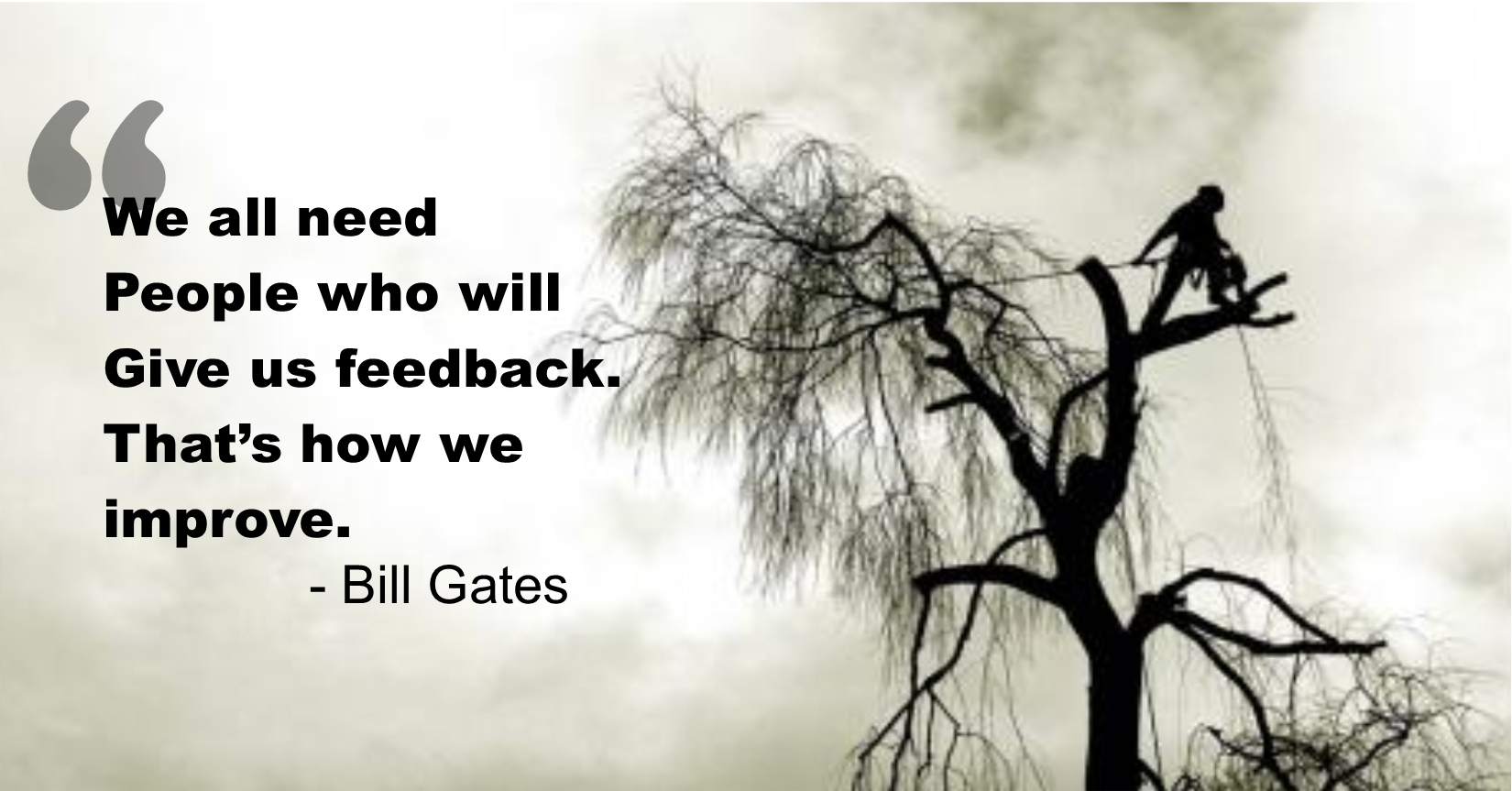Most Recent
Featured Stories

Subscribe To Receive Our Blogs
Popular Stories
Popular Tags
Arborist General Interest Business Arborist Gear Skills Training Events Tree CareAt some point in your career you may find that the work you’d most like to be doing seems hopelessly out of reach. You’ve got some years under your belt, but the reality of the workplace is typically that you don’t get to pick and choose your experiences and you’re never going to be handed all the required skills to qualify for the next level job. Looking at the latest crop of job postings for Arborists and Urban Foresters I can’t help but marvel at the gigantic gap between a climbing arborist and an arborist consultant, or urban forester, and how that gap seems engineered to frustrate both employees and employers.
According to data provided by the Urban Forestry 2020 team (Virginia Tech), employers seeking urban forestry employees reported that education was equally important as technical experience in arboricultural operations (meaning those educated in Arboriculture or Urban Forestry but lacking field experience are stuck in a similar conundrum). Tree pruning and removal techniques, tree identification, tree planting techniques, tree disorder diagnostics, root management and root pruning, and tree assessment/risk management were listed as most valued field skills of entry-level urban foresters (you can learn more at uf2020.frec.vt.edu ). Whether you’re finishing up an Urban Forestry degree, or you’re 5 years in as an Arborist carrying multiple certifications, landing an interview for a consultant or urban forester job posting is going to be tough. Don’t fret.
There are non-profit organizations serving your community that could benefit from your help right away, and you could benefit in many more ways than expanding your resume. If an urban forestry not for profit organization is not in your neighbourhood, there may be a need for someone motivated to get creative and build it. Many such projects started by Arborists have gone on to become big contributors to Arboriculture and Urban Forestry advocacy, and annual events have opened doors for countless Arborists to participate in or contribute towards. Tree climbing competitions, Arbor-camps, collaborative pro-bono days of community tree service, and tree planting events are just a few of the more common volunteer ideas that can be established and run just about anywhere. Want to learn more about what a consulting arborist does and see opportunities improve for other workers in your position? Organize a workshop that brings industry consultants to share directly to you and your arborist community. Want to get more private and public trees planted equitably in the city where you live and work? There are other Arborists already doing it, and here’s the best part – they want to help you bring that success to your community.
Stepping clear of specific Arboriculture and Urban Forestry organizations and into any other organization in service of your community will be an eye opener both in terms of the importance of those services to community members, and for how much you will learn from fellow volunteers and the work itself. In all the hours I’ve spent with a variety of groups, I can’t connect any of those experiences to successfully landing a job and I don’t see a need to do so. My experiences while volunteering improved my capabilities, understanding, and confidence as a professional in ways that I wouldn’t have accessed in the workplace. That, and any operation that provides extended breaks with coffee and dippable snacks is on the right track in my books.
- Gary Oaks



